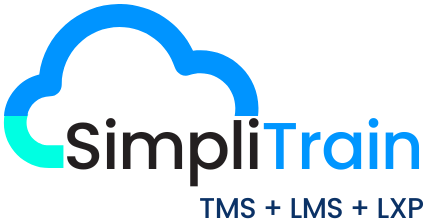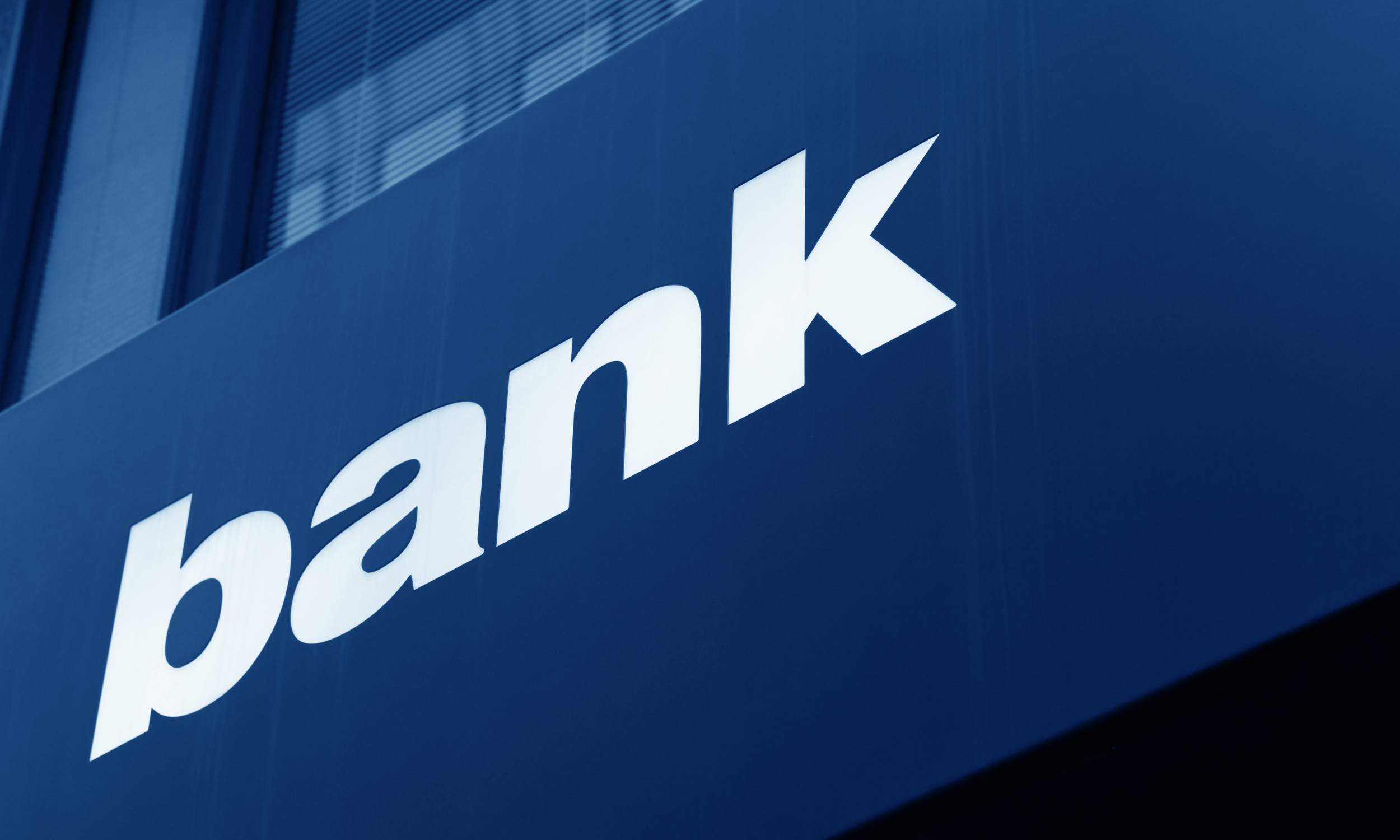The Evolving Landscape of Banking Compliance
The financial industry is entering a new era of regulatory oversight, where compliance is not just about meeting mandates but about leveraging technology, governance frameworks, and strategic foresight to drive trust and resilience. In 2025, the focus will extend beyond traditional compliance concerns to areas like artificial intelligence (AI), environmental, social, and governance (ESG) compliance, cybersecurity, and operational resilience.
As regulators tighten their grip on financial activities, banks and financial institutions must proactively adapt to evolving compliance standards to mitigate risks, enhance transparency, and maintain customer trust. Failure to do so could lead to severe penalties, reputational damage, and loss of competitive advantage.
1. AI and Automation in Compliance Monitoring
AI and machine learning (ML) are reshaping compliance by enhancing fraud detection, transaction monitoring, and risk assessment. In 2025, AI-driven compliance systems will play a pivotal role in:
-
- Real-time anomaly detection to combat financial crimes
- Automated risk assessments for high-volume transactions
- AI-driven regulatory reporting for improved accuracy and efficiency
By adopting AI-powered compliance solutions, banks can reduce human error, speed up compliance processes, and stay ahead of evolving regulatory requirements. Institutions failing to leverage AI risk falling behind competitors and facing increased regulatory scrutiny.
“AI is not replacing compliance teams, but enhancing their ability to detect risks faster and more efficiently.”
2. Strengthening AML and KYC Regulations
Anti-money laundering (AML) and Know Your Customer (KYC) regulations are becoming more stringent as financial crimes grow more sophisticated. Regulators worldwide are intensifying scrutiny, requiring banks to:
-
- Implement advanced identity verification tools, including biometric authentication
- Automate risk-based customer profiling using AI
- Conduct continuous, real-time transaction monitoring
- Enhance due diligence (EDD) for high-risk clients
With global money laundering exceeding $2 trillion annually, failure to comply with AML and KYC mandates could result in massive fines and reputational damage.
“Regulators are raising the bar – banks that rely on outdated KYC processes will not be able to keep up.”
3. ESG Compliance: The New Mandate for Financial Institutions
Environmental, social, and governance (ESG) compliance is shifting from corporate responsibility to regulatory necessity. Governments and financial regulators now require institutions to:
-
- Disclose climate-related financial risks
- Integrate sustainability metrics into lending and investment decisions
- Ensure transparency in ESG reporting
Failure to meet ESG compliance standards can result in:
-
- Regulatory penalties
- Loss of investor confidence
- Reputational damage
As ESG becomes a major compliance focus, banks must adapt their lending policies, risk frameworks, and reporting structures to meet new green finance and sustainable banking standards.
4. Cybersecurity and Data Protection: Adapting to New Threats
Financial institutions are prime targets for cybercriminals, and with the rise of AI-driven cyber threats, regulators are enforcing stricter data protection measures in 2025. Key compliance requirements include:
-
- Implementing zero-trust security frameworks
- Conducting regular penetration testing and cybersecurity audits
- Ensuring compliance with global data privacy laws like GDPR, CCPA, and the U.S. Consumer Data Protection Act
- Strengthening cloud security to protect digital banking infrastructure
Cyber resilience is no longer optional – banks must prioritize digital trust to protect customer data and avoid crippling breaches.
“The strongest compliance strategy is one that anticipates risks before they become liabilities.”
5. RegTech Innovations: How Technology is Reshaping Compliance
Regulatory Technology (RegTech) is revolutionizing compliance management, helping banks:
-
- Automate complex regulatory processes
- Use blockchain for secure and transparent transactions
- Implement cloud-based compliance platforms for global regulatory alignment
- Enhance AI-driven regulatory reporting to ensure accuracy
Banks leveraging RegTech solutions will achieve:
-
- Cost efficiency by automating manual compliance tasks
- Improved reporting accuracy to meet global standards
- Faster response times to evolving regulatory changes
As compliance requirements grow more complex, RegTech adoption will determine which banks stay ahead of the curve.
6. Cross-Border Compliance and Global Regulatory Harmonization
As financial markets become increasingly interconnected, banks must navigate complex international regulations. Cross-border compliance in 2025 will focus on:
-
- Harmonizing regulatory standards across jurisdictions
- Complying with global anti-financial crime directives
- Streamlining multi-country reporting requirements
Banks operating in multiple markets must adopt unified compliance frameworks to navigate cross-border complexities efficiently.
“Global banking requires global compliance- fragmented regulations only increase risk.”
7. Operational Resilience and Business Continuity Compliance
Regulators are focusing on operational resilience as part of financial stability requirements. In 2025, banks must ensure:
-
- Comprehensive business continuity plans (BCP)
- Stronger third-party risk management frameworks
- Readiness for crisis scenarios and cyber disruptions
The emphasis on business continuity compliance ensures banks can operate seamlessly, even in the face of economic downturns, cyberattacks, or geopolitical crises.
8. Consumer Protection and Ethical Banking Standards
Financial institutions face growing pressure to prioritize consumer protection and ethical banking practices. Compliance requirements include:
-
- Stricter fair lending regulations to prevent discriminatory practices
- Transparent fee structures to eliminate hidden charges
- Ethical AI usage in financial decision-making
Institutions that prioritize ethical compliance will build stronger customer relationships, enhance brand reputation, and avoid legal repercussions.
The Future of Banking Compliance: Preparing for 2025 and Beyond
The compliance landscape is becoming more technology-driven, globally interconnected, and data-focused. To stay ahead, banks must:
✔ Invest in AI-driven compliance solutions for risk management and automation
✔ Strengthen cybersecurity frameworks to mitigate emerging digital threats
✔ Embrace ESG compliance to align with regulatory and investor expectations
✔ Leverage RegTech innovations to simplify and streamline regulatory processes
Banks that proactively adopt these strategies will not only mitigate regulatory risks but also strengthen resilience, trust, and competitive advantage in an increasingly complex financial ecosystem.
Is your financial institution prepared for the future of compliance? Contact us to learn more.









